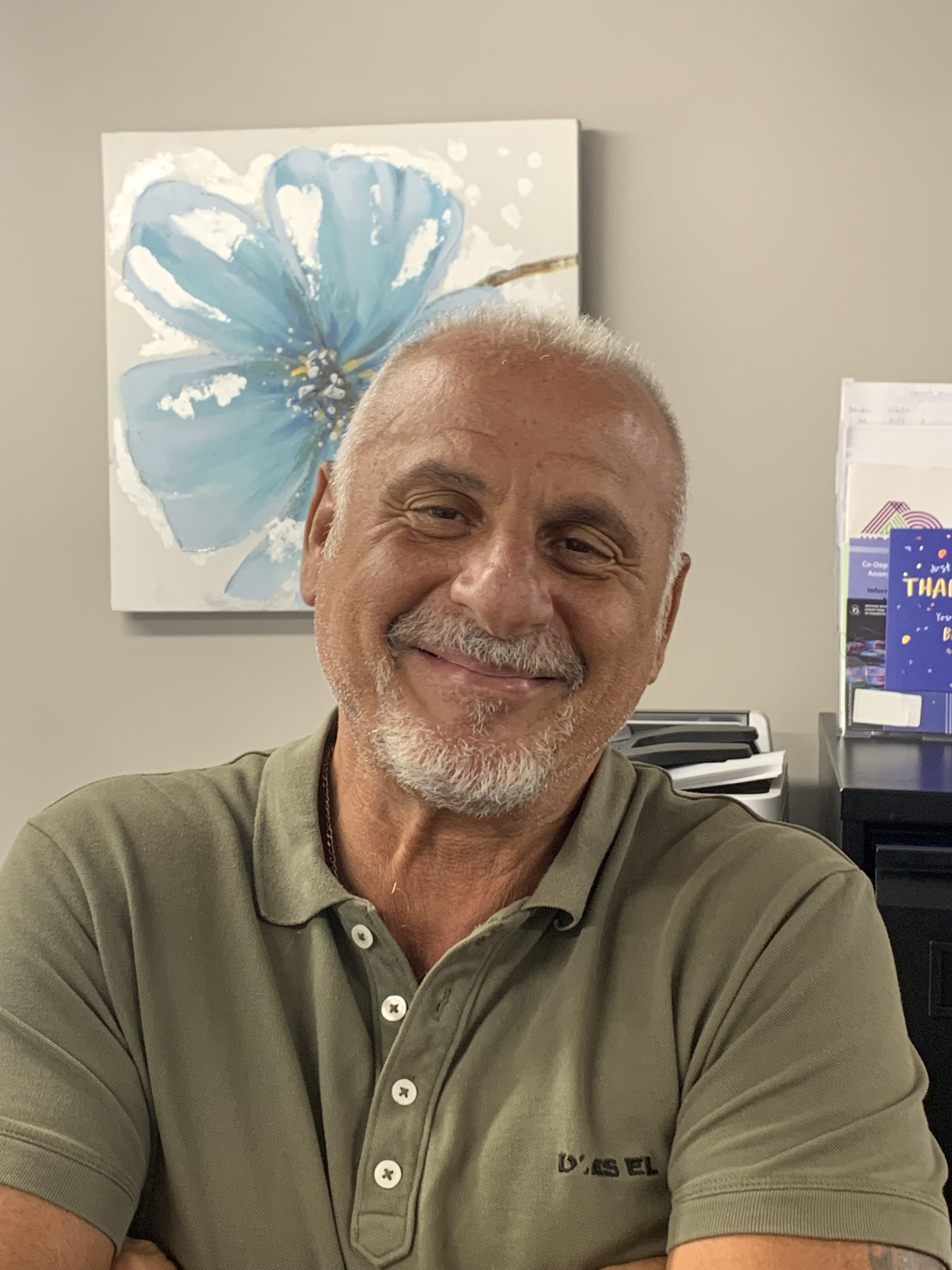Cognitive-behavioural therapy (CBT) is a promising approach to heroin addiction treatment. This type of therapy explores the complex interplay between thoughts, emotions, and actions, which is crucial for overcoming addiction. By providing individuals with the necessary skills to change their negative thought patterns and destructive behaviours, CBT has a transformative impact. At PCP – The Perry Clayman Project, we integrate CBT into our comprehensive treatment programmes to effectively address heroin addiction.
Understanding Cognitive-Behavioural Therapy (CBT)
CBT is anchored in the understanding that our thoughts, feelings, and actions are deeply interconnected. Negative thought patterns, if left unchecked, can lead to destructive behaviours. In the context of heroin addiction, CBT is an essential tool, helping individuals identify and challenge these harmful mental patterns. It involves identifying triggers – the thoughts and situations that lead to heroin use – and teaching techniques to challenge and transform these negative thought patterns that contribute to the addiction cycle.
CBT also places a significant emphasis on modifying unhealthy behaviours associated with addiction. This includes developing healthier coping strategies for stress or emotional distress and reducing the reliance on heroin. It’s about altering behavioural responses, where CBT aids in the development of new, positive behavioural responses that replace old habits linked to heroin use.
CBT in Heroin Addiction Treatment
The strength of CBT in treating heroin addiction lies in its ability to delve into the root causes of addiction. It examines the emotional and psychological triggers of heroin use, offering insights into why an individual might have turned to substance abuse in the first place. By addressing and resolving these underlying issues, CBT aids in breaking the cycle of addiction, making it a powerful tool in the journey towards recovery.
CBT not only addresses current addiction challenges but also equips individuals with a set of practical tools and skills that are vital in maintaining long-term sobriety. Techniques learned through CBT, such as recognising early warning signs and employing coping strategies, become crucial tools for preventing setbacks. Moreover, CBT encourages lifestyle changes that support recovery, including the adoption of regular exercise and healthy eating habits.
How PCP Integrates CBT Into Heroin Addiction Treatment
At PCP – The Perry Clayman Project, CBT is not seen as a one-size-fits-all solution but a therapy tailored to each individual’s needs and circumstances. This personalisation allows the treatment to address each person’s unique patterns of thought and behaviour. PCP also integrates CBT with other heroin addiction treatment approaches to provide a holistic care plan.
The effectiveness of CBT is significantly enhanced by PCP’s supportive and empathetic therapeutic environment. Therapists at PCP are not just experts in CBT but also compassionate listeners who provide a safe and nurturing space for individuals to open up and explore their thoughts and feelings. This supportive atmosphere is essential for the effectiveness of CBT. The openness facilitates an environment where individuals feel comfortable and understood.
Adaptive Care
Continuous evaluation and adaptation are vital components of the CBT approach at PCP. The progress of individuals undergoing CBT is continuously monitored, allowing for the therapy techniques to be adapted to suit their evolving needs and circumstances. Regular feedback sessions help fine-tune treatment plans, ensuring the therapy remains focused and effective.
The Role of CBT in Developing Long-Term Sobriety
CBT is not just about addressing the challenges related to heroin addiction. It also prepares individuals for future challenges, equipping them with the necessary skills for sustainable sobriety. Skills learned through CBT, such as emotional regulation and stress management, are invaluable in building resilience against future life challenges. By promoting positive lifestyle changes, CBT helps in laying the groundwork for a healthy, drug-free life.
As individuals master their thoughts and behaviours through CBT, they experience increased self-confidence and self-efficacy. Both are crucial for long-term recovery. CBT empowers individuals by showing them that change is possible and they have control over their choices and actions.
CBT’s Role in Everyday Life
The principles and techniques of CBT extend beyond the confines of therapy sessions, infiltrating all aspects of an individual’s life. Skills learned through CBT can be applied to daily decision-making, promoting healthier choices that support sobriety. Improved communication and emotional regulation skills, fostered by CBT, positively impact personal and professional relationships. This broader application of CBT ensures that individuals are not just recovering from addiction but are also building a more balanced, fulfilling life.
Overcoming Challenges With CBT
While CBT is a highly effective form of therapy, individuals may encounter challenges in applying it. Adapting to the changes brought about by treatment can be uncomfortable. PCP assists individuals in navigating and adapting to these changes, making the transition into a new way of thinking and behaving smoother and more manageable.
Integrating CBT With Holistic Healing Approaches
PCP recognises that the most effective treatment often involves a combination of different approaches. Therefore, CBT is frequently combined with other therapies to address the physical aspects of addiction alongside the psychological. Integrating mindfulness, meditation, and wellness activities complements the cognitive restructuring work of CBT. In turn, this promotes overall well-being and enhances the effectiveness of the therapy.
Embracing Change With Heroin Addiction Treatment
CBT represents a path of empowerment and transformation for those battling heroin addiction. At PCP – The Perry Clayman Project, CBT is integrated into treatment programmes to provide a comprehensive approach that addresses the complexities of addiction. Whether it’s changing negative thought patterns, developing healthier behaviours, or building tools for long-term sobriety, CBT proves to be an invaluable component of the recovery process. For anyone on the path to recovery, CBT offers hope and guidance towards a new chapter of life free from addiction.
Cognitive-behavioural therapy (CBT) is an essential component in the treatment of heroin addiction, offering a path to change negative thought patterns and behaviours. PCP – The Perry Clayman Project integrates CBT into our treatment programmes, tailoring it to each individual’s needs. If you or someone you know is struggling with heroin addiction, consider the transformative potential of CBT. Reach out to PCP for a therapy that not only addresses addiction but also fosters long-term personal growth and resilience. Embrace this opportunity for change and start your journey towards a life free from addiction with PCP’s comprehensive and empathetic approach. Your path to recovery and empowerment is just a step away; call 08000 380 480.









